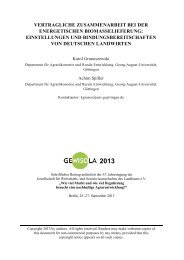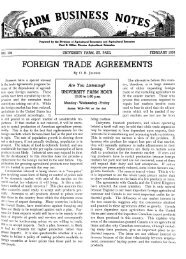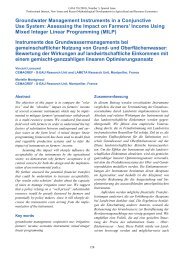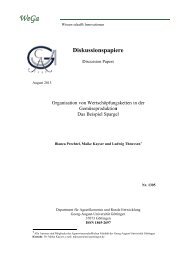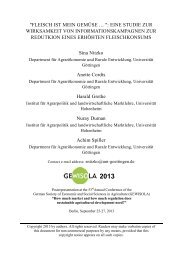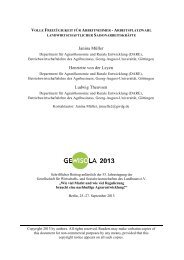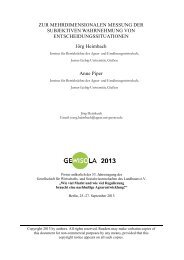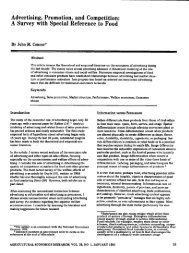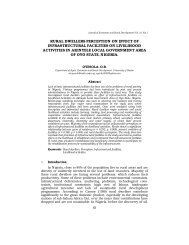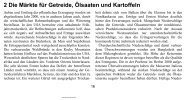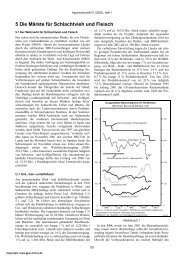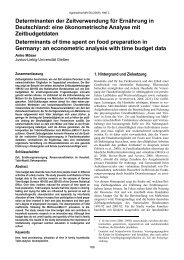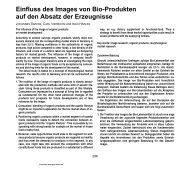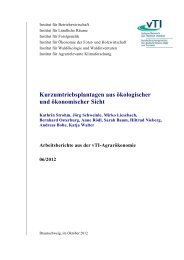District Institutes of Education and Training - Teacher Education
District Institutes of Education and Training - Teacher Education
District Institutes of Education and Training - Teacher Education
You also want an ePaper? Increase the reach of your titles
YUMPU automatically turns print PDFs into web optimized ePapers that Google loves.
<strong>District</strong> <strong>Institutes</strong> <strong>of</strong> <strong>Education</strong> <strong>and</strong> <strong>Training</strong>: A Comparative Study in Three Indian States<br />
10.3.3 Models <strong>of</strong> pre- <strong>and</strong> in-service teacher education<br />
This study found that pre-service training was lagging behind contemporary<br />
classroom challenges, rather than preparing teachers to engage effectively with<br />
them. Emerging teachers do not, for example, have sufficient technical<br />
competence in the theory <strong>and</strong> practice <strong>of</strong> literacy acquisition within which to frame<br />
textbook content. Sample DIETs were graduating teachers who were technically not<br />
fully competent to teach the current school curriculum. If pre-service education<br />
through DIETs is to play its expected part in leading educational change, there is<br />
a need for a comprehensive overhaul that places it firmly on a competency footing,<br />
<strong>and</strong> integrates content <strong>and</strong> pedagogy.<br />
Similarly, in-service education adheres to a ‘skills <strong>and</strong> knowledge’ model that is<br />
weakened in practice by its emphasis on content at the cost <strong>of</strong> supporting teachers<br />
in the development <strong>of</strong> skills. Because they are not preceded by needs analyses, these<br />
programmes <strong>of</strong>ten appear irrelevant to teachers; <strong>and</strong> this is reinforced by the once<strong>of</strong>f<br />
nature <strong>of</strong> training programmes <strong>and</strong> lack <strong>of</strong> provision for their reinforcement at<br />
school. This has led to widespread disaffection among teachers about training, <strong>and</strong><br />
the notion <strong>of</strong> training itself is further devalued by inadequate seconding<br />
arrangements between the DIET <strong>and</strong> <strong>Education</strong> Department.<br />
However, skills alone are not enough. The technological approach <strong>of</strong> the training<br />
model adopted does not allow it to embrace a key challenge <strong>of</strong> contemporary<br />
teacher development: the need to engage with teachers’ values <strong>and</strong> attitudes, which<br />
shape their will to adopt training messages. It is not therefore capable <strong>of</strong> engaging<br />
effectively with what most available research evidence, to which this study<br />
contributes, identifies as one <strong>of</strong> the most important issues in relation to promoting<br />
elementary education <strong>of</strong> quality: low teacher will <strong>and</strong> motivation. Underlying this<br />
approach to training is a view <strong>of</strong> the teacher as a technician, implementing the<br />
ideas <strong>of</strong> others – a view <strong>of</strong> teachers that denies the existence <strong>of</strong> practitioner<br />
knowledge <strong>and</strong> theories <strong>of</strong> practice that provide the rationales for teachers’ actions.<br />
The findings <strong>of</strong> this study strongly indicate that the dominant training model<br />
pursued by DIETs is in itself inappropriate to meet contemporary challenges.<br />
Changes within the dominant model<br />
The training model currently pursued is compromised by recruitment procedures.<br />
All too <strong>of</strong>ten, these are not ensuring that technically competent <strong>and</strong> motivated<br />
people are becoming DIET staff. The preceding section provides suggestions as to<br />
how this might be addressed. This study was able also to identify good practices<br />
by some trainers (not necessarily DIET staff) within the dominant model (see<br />
chapters 5 <strong>and</strong> 9) which provide indications <strong>of</strong> more effective uses <strong>of</strong> time during<br />
training. Even when the training experience had in itself been stimulating,<br />
DFID 205



